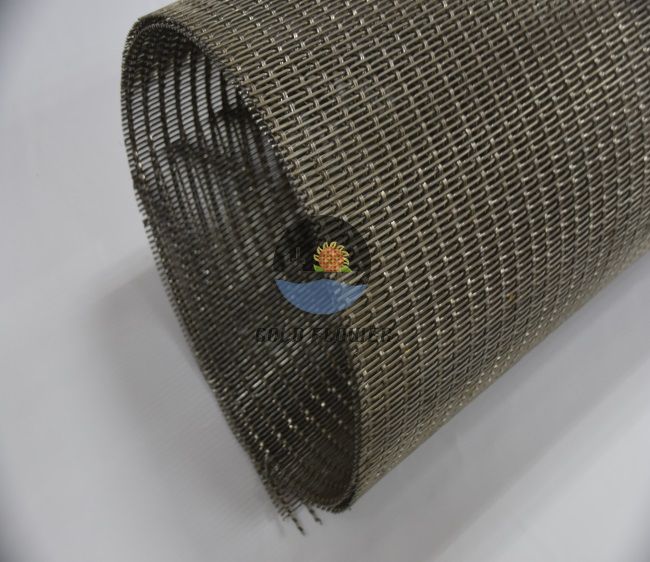sep . 29, 2024 06:40 Back to list
Airflow Optimization with Efficient Breather Filters for Enhanced Engine Performance
Understanding Air Breather Filters Essential Components for Engine Efficiency
Air breather filters, often referred to as crankcase ventilation filters, are crucial components in internal combustion engines. Their primary function is to ensure that the air entering the engine is clean and free from contaminants, which can lead to engine wear and reduced performance. In this article, we will explore the significance of air breather filters, their working mechanisms, maintenance, and their impact on vehicle performance.
What is an Air Breather Filter?
An air breather filter is a device that allows fresh air to enter the engine while preventing harmful particles, such as dust and dirt, from entering the crankcase. These filters typically work in conjunction with the Positive Crankcase Ventilation (PCV) system, which reroutes gases and vapors from the engine back into the intake system for combustion. This recycling of gases helps reduce emissions and improve overall engine efficiency.
How Do Air Breather Filters Work?
Air breather filters function by creating a barrier that traps unwanted particles. When the engine operates, a vacuum is created, drawing air through the filter. The filter media, often made of foam, paper, or synthetic materials, captures solid contaminants. Clean air then passes through to facilitate the combustion process. Over time, these filters can become clogged with debris, which can hinder airflow and negatively affect engine performance.
Importance of Maintenance
air breather filter

Regular maintenance of air breather filters is essential for optimal engine performance
. Clogged filters can cause increased pressure in the crankcase, leading to oil leaks and other engine issues. It is generally recommended to check and replace air breather filters based on the vehicle manufacturer's guidelines or every 15,000 to 30,000 miles, depending on driving conditions and environment.Proper maintenance also involves inspecting the filter for signs of wear or damage. Replacing a dirty or damaged air breather filter can improve fuel efficiency and engine longevity. Moreover, a clean filter can enhance the overall performance of the vehicle, providing better throttle response and smoother operation.
Impact on Vehicle Performance
The efficiency of an air breather filter can significantly impact overall vehicle performance. When the filter is functioning correctly, it helps maintain the correct air-to-fuel ratio, which is vital for efficient combustion. In contrast, a clogged or dirty filter can lead to a richer fuel mixture, resulting in increased fuel consumption and higher emissions.
Furthermore, a clean air breather filter can help the engine run cooler by ensuring that air is entering the crankcase correctly. This not only enhances engine performance but also contributes to lower operational temperatures, which is vital for preventing overheating and prolonging engine life.
Conclusion
In summary, air breather filters play a vital role in maintaining the health and efficiency of internal combustion engines. They facilitate clean airflow, reduce harmful emissions, and enhance overall vehicle performance. Regular maintenance and timely replacement of these filters are essential practices that vehicle owners should prioritize. By ensuring that the air breather filter is in good condition, drivers can enjoy improved fuel economy, reduced emissions, and extended engine life, ultimately leading to a more reliable and efficient vehicle. Integrating proper care for the air breather filter into your vehicle maintenance routine is not just beneficial—it's essential for optimal engine performance.
share
-
ODM Brass Wire Mesh Screens Custom Sizes & Antique Finishes
NewsMay.16,2025
-
China Netting Fence Wire - Durable & Fox Proof Wire Mesh Solutions
NewsMay.16,2025
-
Electrostatic Air Filters Washable, High-Efficiency HVAC & AC Solutions
NewsMay.16,2025
-
Metal Fly Curtains Durable Insect Barrier & Ventilation Solution
NewsMay.15,2025
-
ODM Steel Crimped Mesh High-Strength & Customizable Solutions
NewsMay.15,2025
-
Wire Mesh Filter Elements Durable & Affordable Filtration Solutions
NewsMay.14,2025

